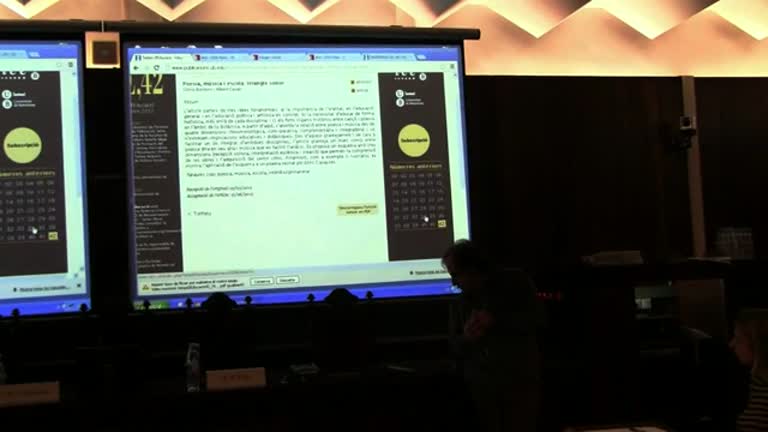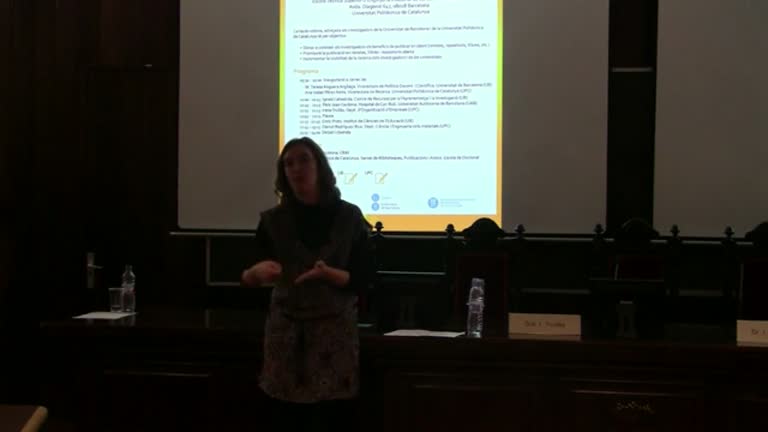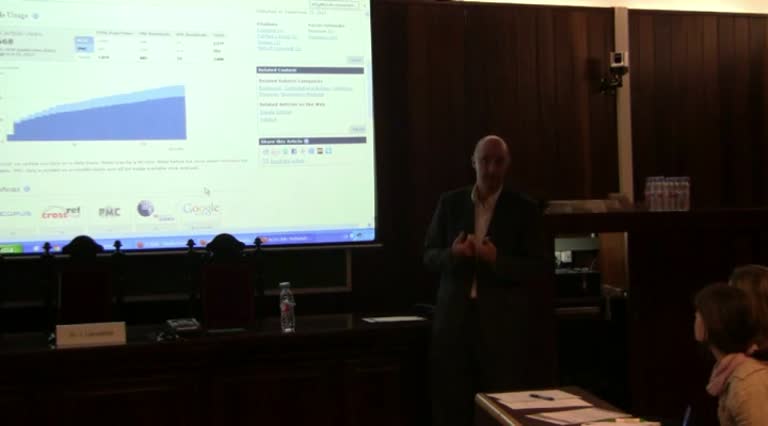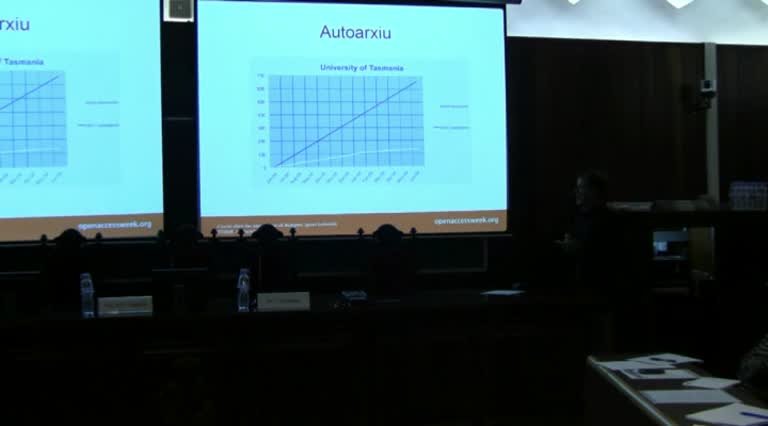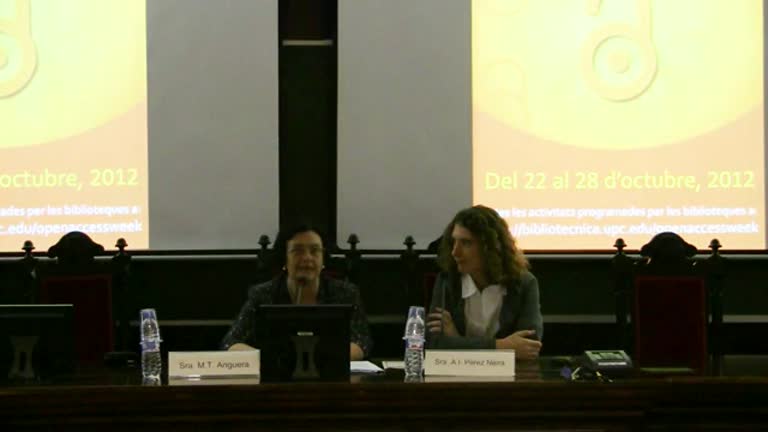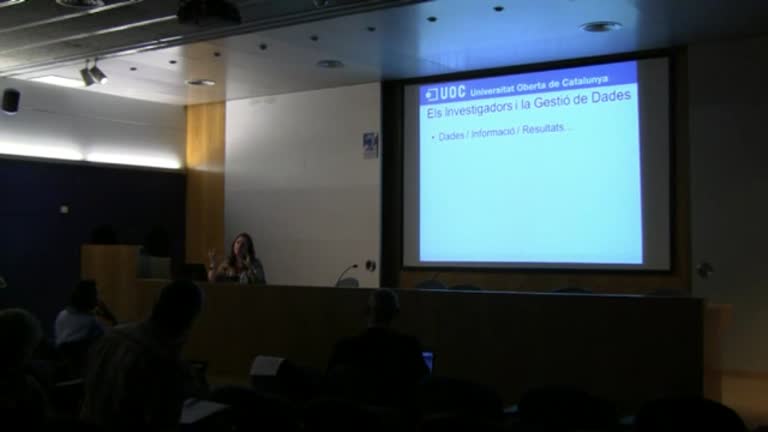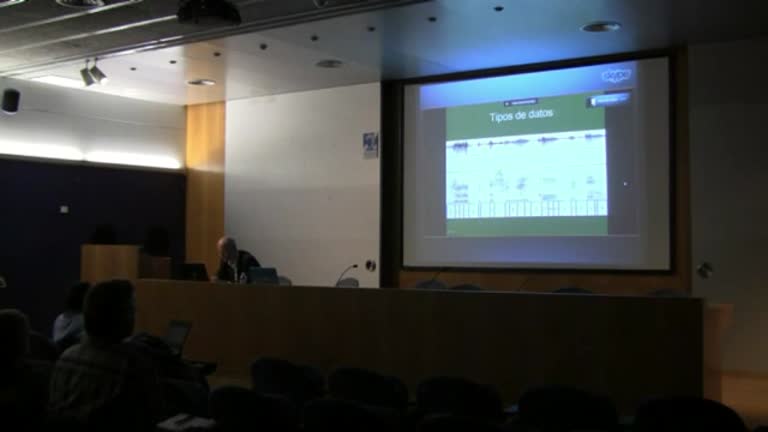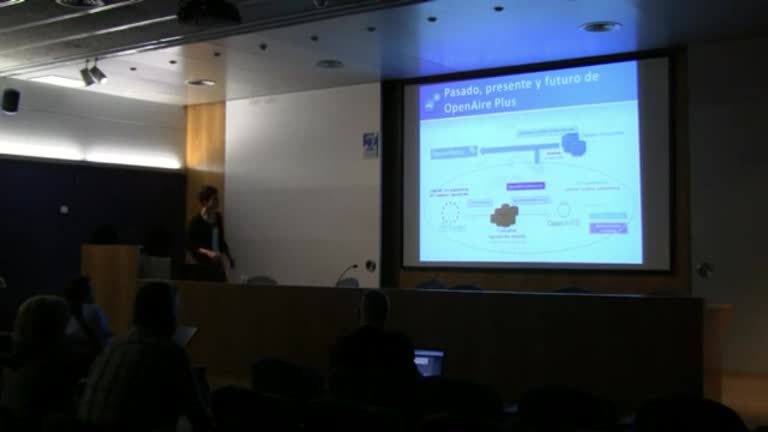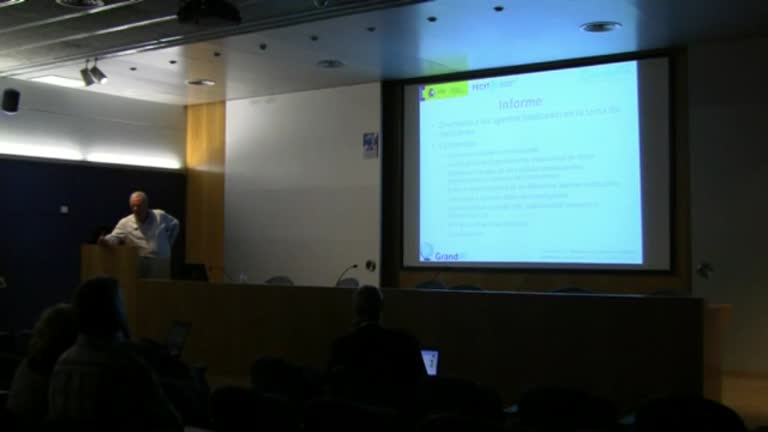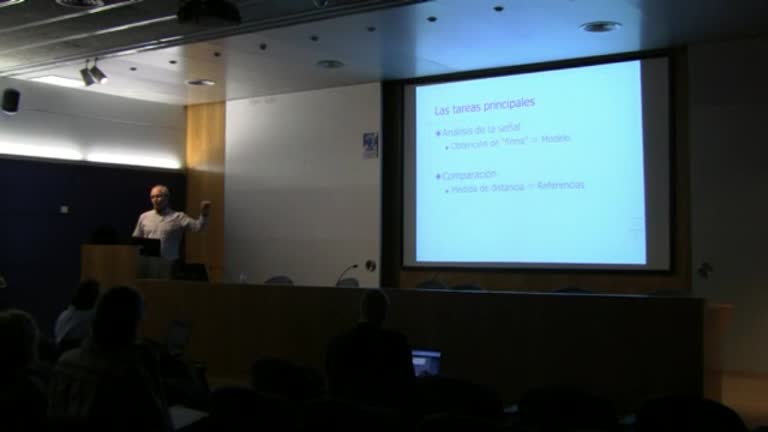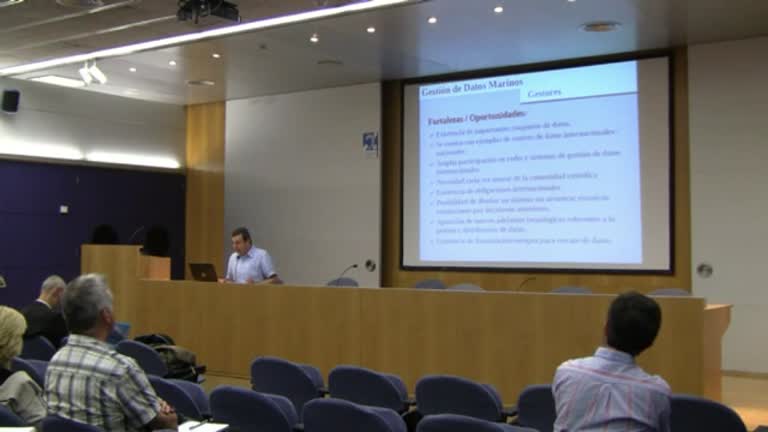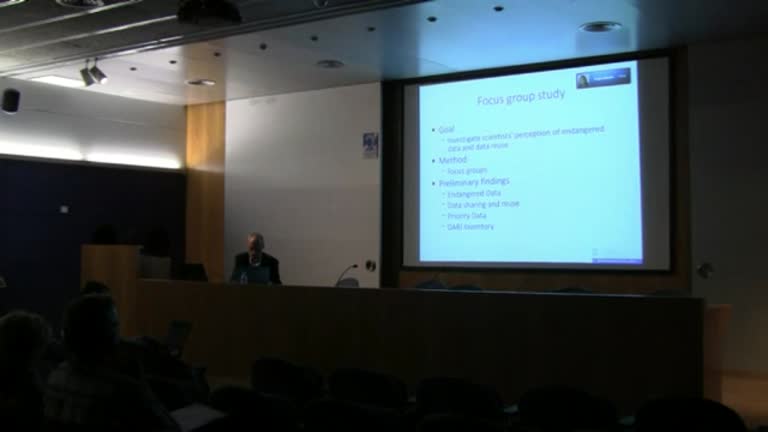Objectes multimèdia amb l’etiqueta: Servei de Biblioteques, Publicacions i Arxius
Resultats de la cerca
3. Pere Joan Cardona. Hospital de Can Ruti. Universitat Autònoma de Barcelona (UAB)
Accés obert
23 d’oct. 2012
2. Ignasi Labastida. Centre de Recursos per a l'Aprenentatge i la Investigació (UB)
Accés obert
23 d’oct. 2012
Retos y dificultades en la implementación de estrategias institucionales para la gestión de datos
Accés obert
10 de maig 2012
Una perspectiva de la gestión de datos de investigación desde las Humanidades
Accés obert
10 de maig 2012
OpenAIREplus: una iniciativa europea como motor de la actividad nacional en la gestión de datos
Accés obert
10 de maig 2012
La gestión de datos desde la perspectiva de un centro de datos de investigación
Accés obert
10 de maig 2012


